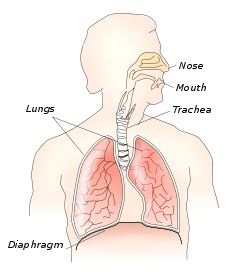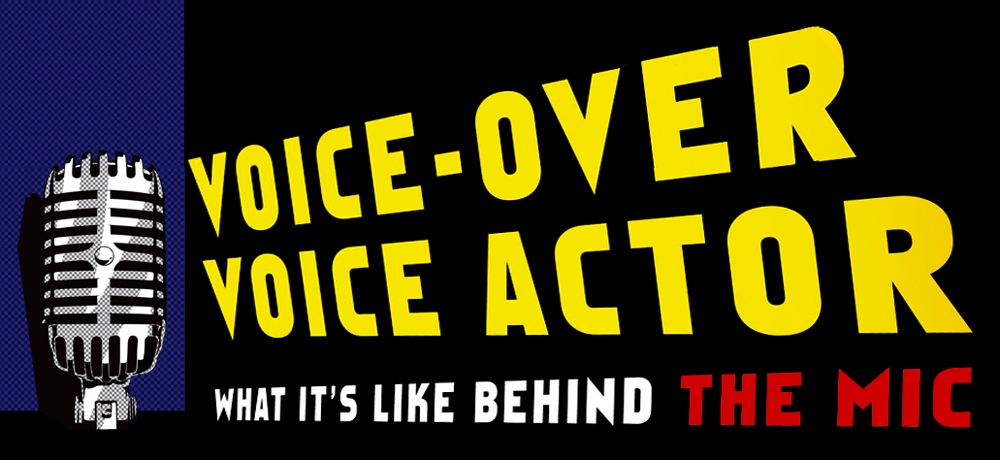“Breathing with your diaphragm” What does that mean?
 From Wiki: Thoracic diaphragm: “In the anatomy of mammals, the thoracic diaphragm, or simply the diaphragm, (Ancient Greek: διάφραγμα diáphragma "partition"), is a sheet of internal skeletal muscle that extends across the bottom of the rib cage. The diaphragm separates the thoracic cavity (heart, lungs & ribs) from the abdominal cavity and performs an important function in respiration.”
From Wiki: Thoracic diaphragm: “In the anatomy of mammals, the thoracic diaphragm, or simply the diaphragm, (Ancient Greek: διάφραγμα diáphragma "partition"), is a sheet of internal skeletal muscle that extends across the bottom of the rib cage. The diaphragm separates the thoracic cavity (heart, lungs & ribs) from the abdominal cavity and performs an important function in respiration.”
As a VO artist you need to know about and use your diaphragm! It is our big breathing muscle, a dome-shaped muscle at the base of your lungs. This shelf of muscle is controlled by the nervous system; it contracts when we inhale, so that a vacuum is created in our lungs and air rushes in to fill it. The opposite happens when we exhale; the diaphragm relaxes and the air in the lungs rushes out.
Breath is the fuel of the voice, whether it is for singing or for voice over work. The stronger the diaphragmatic muscles, the better you can regulate the amount of breath that is pushed over your vocal cords, so improving the control you have over your voice in your sessions. When the diaphragm is strong you can ensure a steady stream of air for your needs, you can speak longer without needing a breath, and you have more power for volume or attack in your speaking. And the stronger the diaphragm, the less effort all of this is for you!
Here is an exercise to help build the strength of your diaphragm, from our book, Voice Over Voice Actor: What It’s Like Behind the Mic!
1. Place your hand on your diaphragm.
2. Open your mouth and allow the tongue to relax and hang out of your mouth.
3. As quickly as possible, inhale and exhale, like you’re a dog panting.
(of course, if you feel dizzy or lightheaded, stop immediately)
We’ve been focusing on strengthening your diaphragm, but that won’t be the only thing you’ll be using. Your diaphragm will be working in conjunction with your mouth, tongue and mind so they must be ready to go as well. Articulation, or the ability to speak clearly, is a crucial element to a voice actor’s repertoire. Not every character you play will need good articulation (and sometimes you may even be told to articulate less), but it is always better to have it up your sleeve, so that if you’re slurring your speech, it’s a choice rather than an issue.
